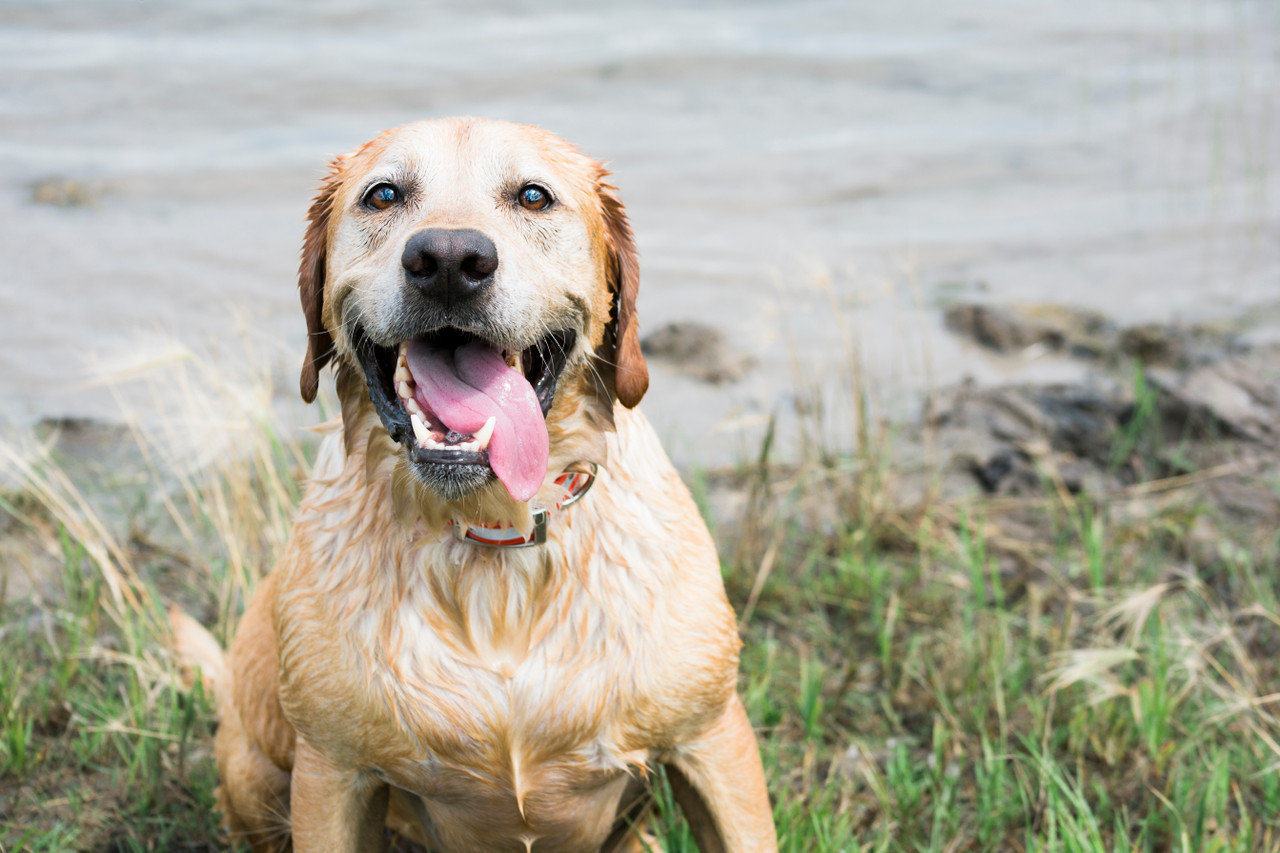Choosing a name is an important part of getting a new dog, and is one that helps give your dog an identity. To your dog, the name will mean “I’m talking to you so pay attention,” but to the world your dog’s name will be a reflection on you and your relationship with your dog.
The key aspects you need to consider before naming your dog...
Some owners choose to go with descriptive names based on their dog’s personality or appearance, such as Scruffy, Spot or Wiggles, while some owners opt for humorous names, such as Diogee (pronounced D-O-G). You may decide to play on your dog’s breed using irony, such as naming a Chihuahua, Killer, or a Mastiff, Tiny. Your dog’s name can also be a reflection on how you view your dog. If you view your dog as a member of the family, you might opt for a human name, such as Giovanni or Cindy.
Remember that ultimately their name should be something that you feel good using and calling out in public. Names that are one to two syllables in length work best for dogs, so names like Onomatopoeia or Supercalifragilisticexpialidocious would not work as well as Thor or Charlie would.
Using Their Name
After you have chosen your dog’s name, you have to learn to use it properly. Dogs can learn a wide variety of commands but to your dog, there is a big difference between “Sit” and “Cindy Sit.” Dogs also do not generalize information, so “Come,” “Come Here,” “Cindy Come” and “Cindy come to mommy” can be four completely different commands. This can lead to a lot of confusion for your dog, so keep things simple and avoid using your dog’s name when giving a command. If you need to get their attention, teach them to “Watch Me.” If you want them to sit, simply use “Sit.” All too often we spend too much time talking at our dogs without ever really saying anything, and like living with a nagging mother in-law, dogs will learn to tune out their own name if it gets over-used. Remember middle school and “that’s my name, don’t wear it out?”
When calling your dog, the tone of your voice matters just as much as the words you say. If I use a higher-pitched tone of voice when I speak to my dog, it simulates a play yelp commonly heard by dogs having fun. If I address my dog in a higher pitch and say “Cindy!” she is likely to come to me and see what is going on. If I were to use a lower tone of voice, my dog might be more reluctant to come to me because lower tones simulate a growl. This can be a challenge for male owners, so you may need to give baby-talk a try. If you are worried about looking silly, trust me, nothing impresses the ladies like a man who is secure enough to baby-talk to animals! *wink* It will also have a positive impact on your dog. I have seen fearful dogs go from cowering and tucking their tail under when their baritone-voiced owners spoke to them, to happy, bouncy dogs eager to lick their owner all over their face, simply by having them address their dog in a higher tone! With this in mind, if you have a lower tone of voice, choosing a name like “Rowdy” or “Gremlin” may not be a wise decision because the “RRR” and “GRR” may be confused with growling.
Keep It Positive
When it comes to your relationship with your dog, you want to keep things fun and positive. You should never use your dog’s name in a negative way. When I was behaving well growing up, my name was a happy sounding Jess, but if I got in trouble, my mom busted out my full name and I knew I was in it pretty deep. The same concept applies to your dog too. If you use your dog’s name when you are scolding him, then any other time you use it to get his attention or to have him come to you, he is not likely to obey. This is especially evident when dogs dash out the door and take off running. If you run after them shouting “Karma get back here! Bad Karma! Bad!” then she is not likely to want to return to you for punishment. Instead, run in the opposite direction happily calling something like, “Karma lets go get a treat! Good Karma!” and you will have a much better chance of getting your dog to follow you. If you should ever need to scold your dog, only scold when you catch them in the act and use a different nickname entirely. For example, a friend of mine addresses her dog, who is normally called Vinny, as Dirty Dog whenever he gets into trouble. When he hears that name he knows he is in big trouble!
Above all else, remember that this is the name that you will be calling your best friend for the next ten, fifteen or twenty years, so it should be something you like. If your dog came to you with a different name, by all means feel free to change it if you do not like it. If you are anything like me (ie: crazy-obsessed pet parent), you may want to eventually buy a fancy name tag, have stickers made with your dog’s face and name on it or get a t-shirt stating how much you love your dog, etc, having a good name for your dog is important! After all if you plan on getting that name tattooed on your arm, it should be a name that you will cherish for the rest of your life.
And of course, once you've picked the perfect name, have it engraved on their very own tag!

